In the petroleum industry, technological progress and material science innovation continue to drive the upgrading and optimization of oilfield operations. In recent years, PGA material (Polyglycolic Acid) has gradually become a key material in the oilfield industry due to its excellent mechanical properties, controllable degradability, and environmentally friendly characteristics. PGA material has shown wide application prospects in wellbore completion, fracturing, plugging, water blocking, and other fields, significantly improving the efficiency of oilfield operations while reducing its impact on the environment. This article East will introduce the specific applications of PGA material in the oil field industry.

Application of PGA Material in Well Completion Operations
Wellbore completion is one of the key links in oilfield production, and its purpose is to provide long-term safe passage for the production of oil and gas wells. During the well completion process, plugging tools or isolation tools are often required to ensure isolation between the various layers of the oil well. The application of PGA material in this field has greatly improved the efficiency of wellbore completion and reduced intervention and damage to the wellbore.
In completion operations, completion balls are used to temporarily isolate different well sections during fracturing operations to gradually complete multi-stage fracturing. Traditional metal completion balls need to be polished or drilled out by mechanical means after use, which is a time-consuming process and can easily damage the wellbore. The PGA material completion ball can automatically degrade into carbon dioxide and water in the underground environment after use without any mechanical operation. This degradation performance significantly reduces operation time, avoids the use of additional equipment, and reduces the complexity and cost of operations. The use of PGA completion balls makes oilfield operations more efficient and is especially suitable for complex horizontal wells, deep wells, and multi-stage fracturing wells. The non-residue characteristics of the completion ball after degradation also keep the wellbore clean, facilitating subsequent production operations.
PGA material can also be used to manufacture degradable bridge plugs, which are used for plugging operations in wellbores to ensure isolation between well sections. Traditional bridge plugs usually need to be recycled or polished mechanically after operation, which not only takes a lot of time but may also cause damage to the well wall. The degradable bridge plug made of PGA material can automatically degrade after the plugging task is completed and completely disappear into the wellbore without causing any hindrance to subsequent operations. The degradation ability of PGA bridge plugs can improve operating efficiency under complex well conditions and reduce the difficulty of subsequent cleaning and maintenance. This makes oilfield operations more streamlined and automated while reducing the need for manual intervention.
Application of PGA Material in Fracturing Operations
Fracturing technology is a production stimulation technique widely used in oil and gas exploration. It injects high-pressure liquid into underground rock formations to form cracks and release oil and gas resources trapped in the reservoir. In this process, proppant and temporary plugging agents are commonly used materials in fracturing operations to keep fractures open and temporarily plug well sections.
Proppant is a material used to keep fractures open during the fracturing process. Traditional proppant is mostly non-degradable materials such as sand and ceramics. These proppant may remain underground and hinder subsequent operations. The advantage of PGA material proppant is that it can gradually degrade into carbon dioxide and water after completing the support task, without affecting the flow of oil and gas. This characteristic makes PGA proppant an ideal choice for environmental protection and high efficiency. By using PGA proppant, it not only simplifies the cleaning process after fracturing but also avoids the wellbore clogging problem that may be caused by traditional proppant. Its non-residue characteristics after degradation make oil and gas flow more smoothly and increase the production of oil wells.
In multi-stage fracturing operations, temporary plugging agents are used to seal specific fracture sections to ensure effective fracturing of other well sections. The use of traditional temporary plugging agents usually requires additional cleaning steps, while PGA material temporary plugging agents can degrade by themselves underground, eliminating the need for subsequent recycling and treatment steps. This greatly reduces operational complexity while improving job safety and efficiency. The PGA temporary plugging agent completes its tasks through automatic degradation, reducing the need for mechanical intervention and making the fracturing operation smoother and more environmentally friendly. At the same time, its high-efficiency degradation ability prevents cracks from being blocked for a long time and improves the efficiency of oil and gas flow.
PGA material is playing an important role in the oilfield industry with its excellent mechanical properties, controllable degradation characteristics, and environmental protection. Whether it is wellbore completion, fracturing operations, or plugging and water blocking, PGA material has demonstrated great technical advantages. By reducing mechanical intervention, optimizing operating processes, and reducing environmental impact, PGA material significantly improves the efficiency and safety of oilfield operations.
https://www.eastnewmaterial.com/Polyglycolic-Acid-PGA
www.eastnewmaterial.com
Chengdu East New Material Co.,Ltd.

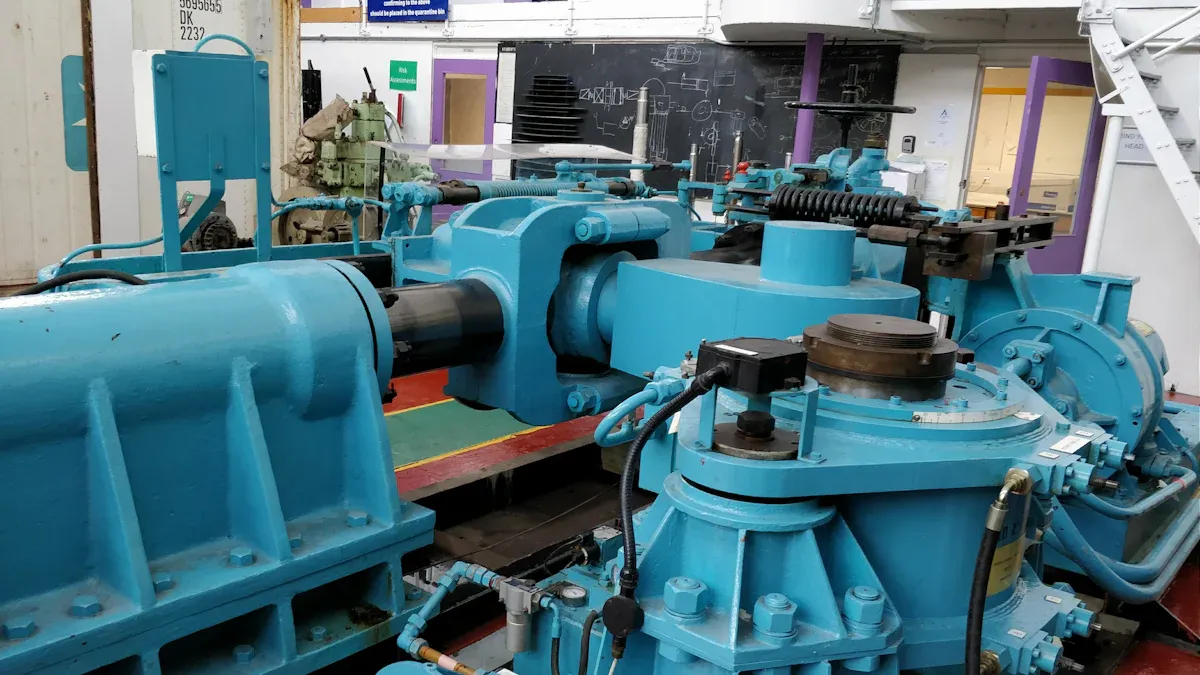

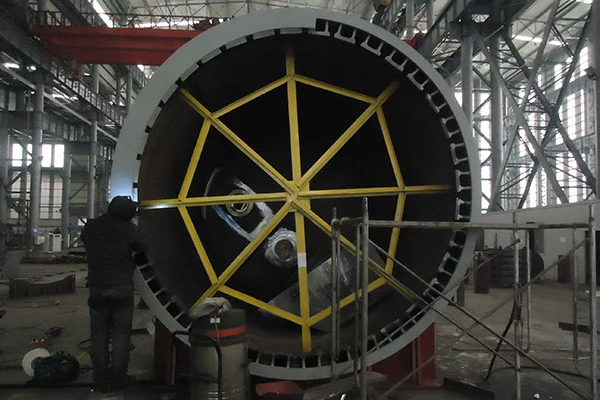
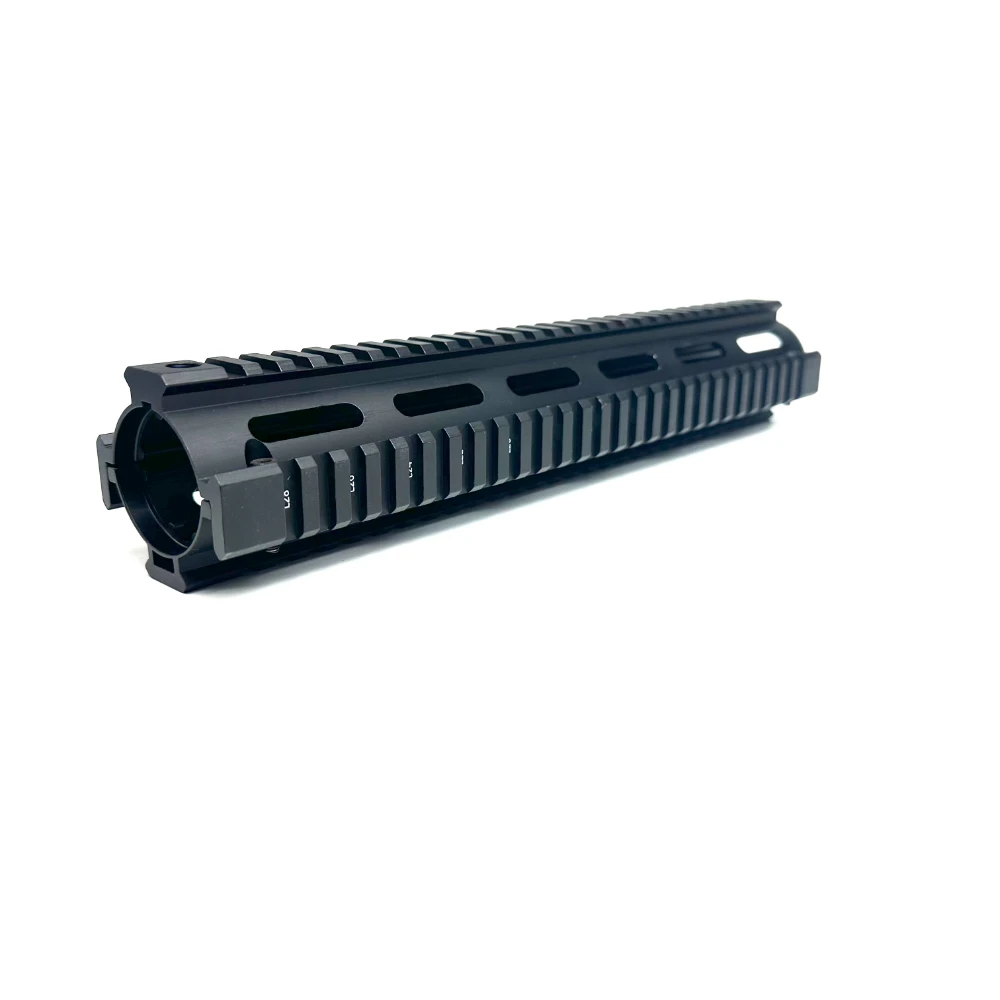
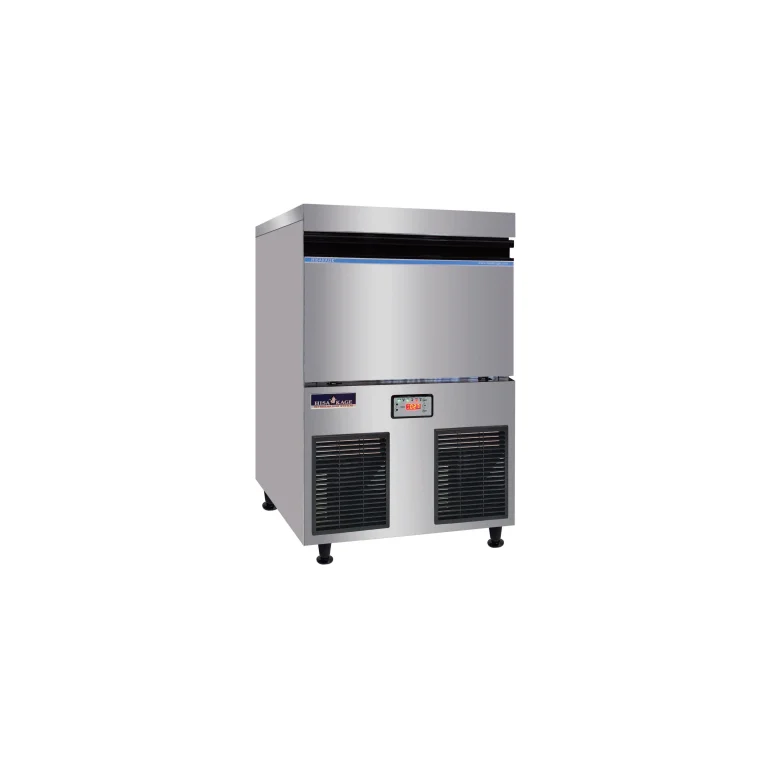
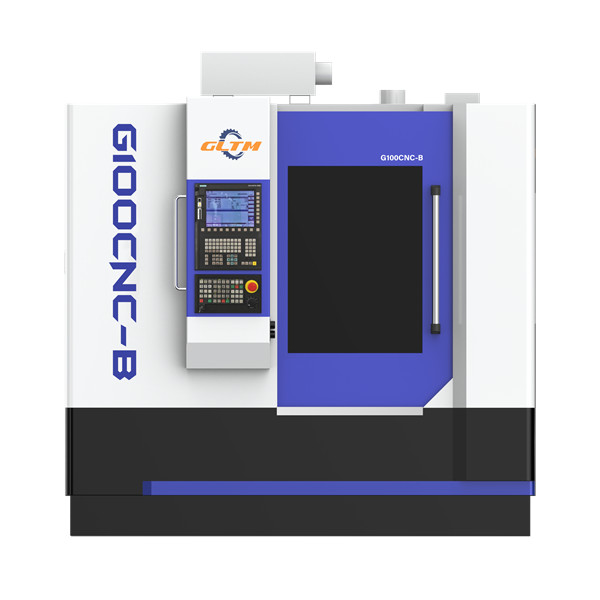
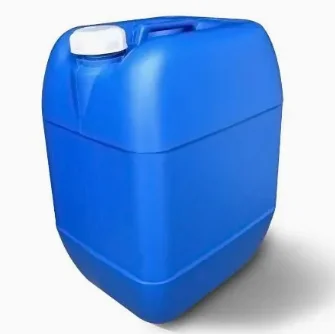
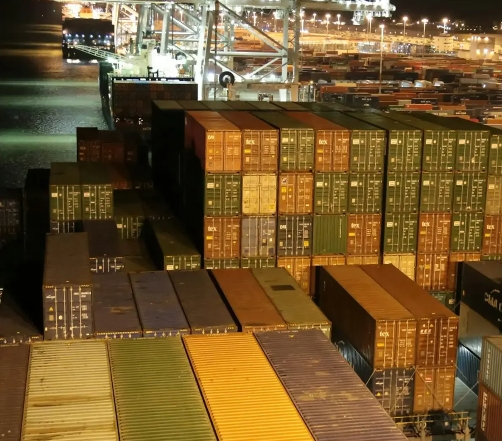
+ There are no comments
Add yours